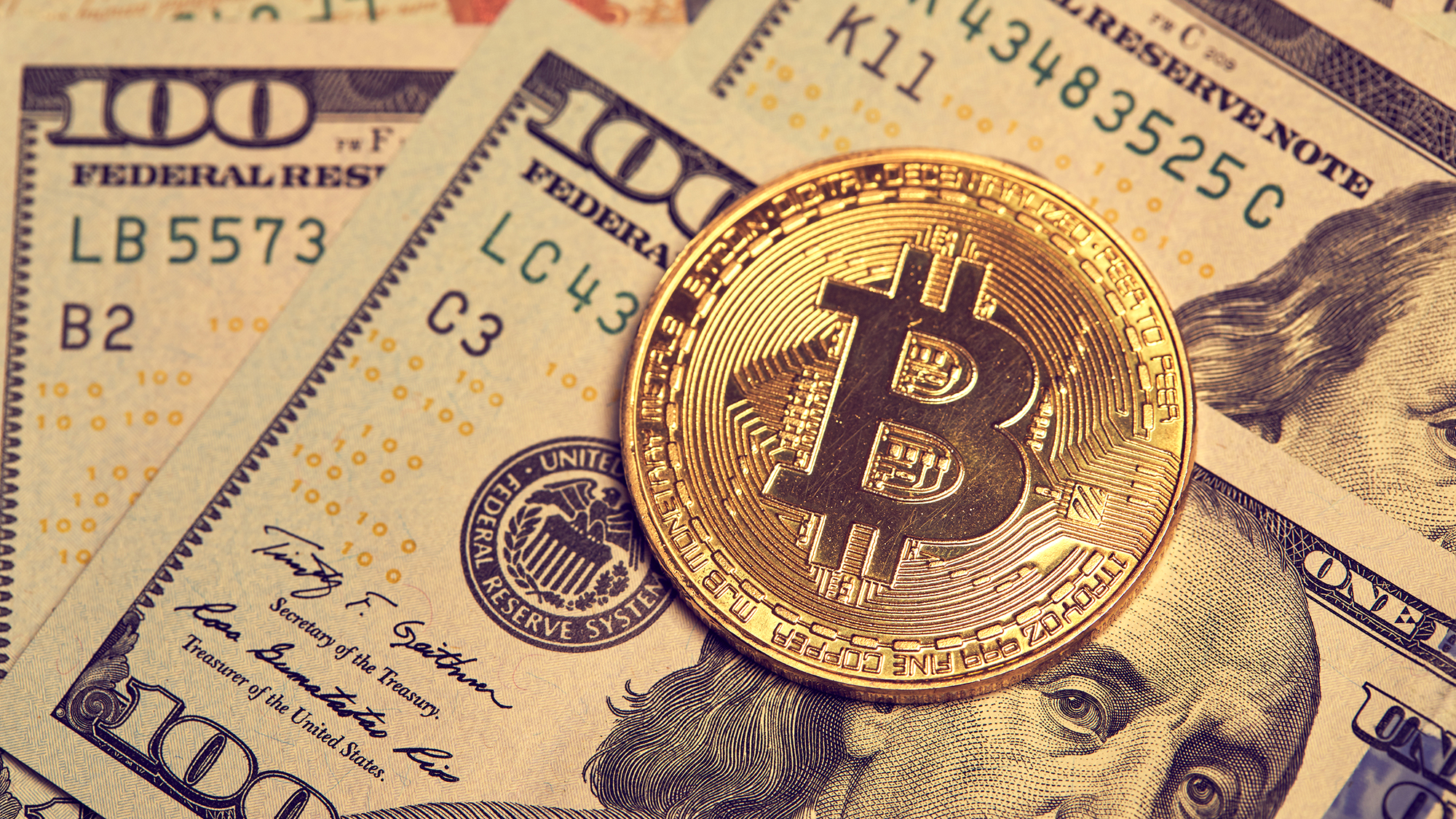The future of national digital currencies: who's in the front row?
According to the latest rumors, it is not just China that is thinking of launching a national digital currency. Indeed, it has recently surfaced that Japan and the USA are also looking into similar solutions.
As far as the United States is concerned, it was the Governor of the Federal Reserve who outed in public, admitting that they are studying solutions in this regard. Jerome Powell wrote in a letter addressed to Congress, that although they are not currently developing a digital currency of the Federal Reserve, costs and benefits that could derive from launching such an initiative in the States continue to be proposed on the table.
Not only that, the Federal Reserve Governor went on to add that the United States could position itself even better than other nations, which are thinking of similar solutions for the national currency.
As mentioned earlier, one of these countries is Japan, where Bank of Japan Governor Haruhiko Kuroda said that his Japanese central bank is also researching this field, although there is currently no timetable. ready for the launch of the national digital currency.
In Parliament Haruhiko Kuroda said that stablecoins which offer a large clientele and which are issued worldwide, could have a strong impact on the stability of the financial system and on monetary policy.
The project that certainly made these banks stand upright was certainly Libra, as it forced them out of the closet, out of speculation. However, from here to having digital currencies around the nations, it still passes. The only nation in the world that would appear to be doing so is China. This could even happen within a few months.
Ruthless competition and decay of the old payment systems
This "race" to national digital currencies seems more like a competition to face stablecoins. Some even raise assumptions that if the US were to issue its own national digital currency, it could ban the use of Tether (USDT) in the nation.
Indeed, one of the key points that everyone seems to agree on is that nations do not want to lose their sovereignty over the national currency. USDT can be exchanged anonymously and directly thanks to P2P wallets, but this may not necessarily be true with national digital currencies.
At the moment, in fact, nobody can say whether the national digital currencies could also be exchanged with anonymous P2P portfolios as happens with Tether. Most likely, they can only be used with electronic wallets that are associated with the actual user. In addition, with the possible circulation of national digital currencies issued by central banks, another problem arises, competition with established payment systems such as PayPal.
In fact, this would lead to ruthless competition, which would oblige to reduce costs and commissions, and above all would provide national apps to download on tablets and mobile phones to manage their own currency. This brings us to another conclusion, sooner or later even credit cards could be obsolete and replaced by simple applications.

